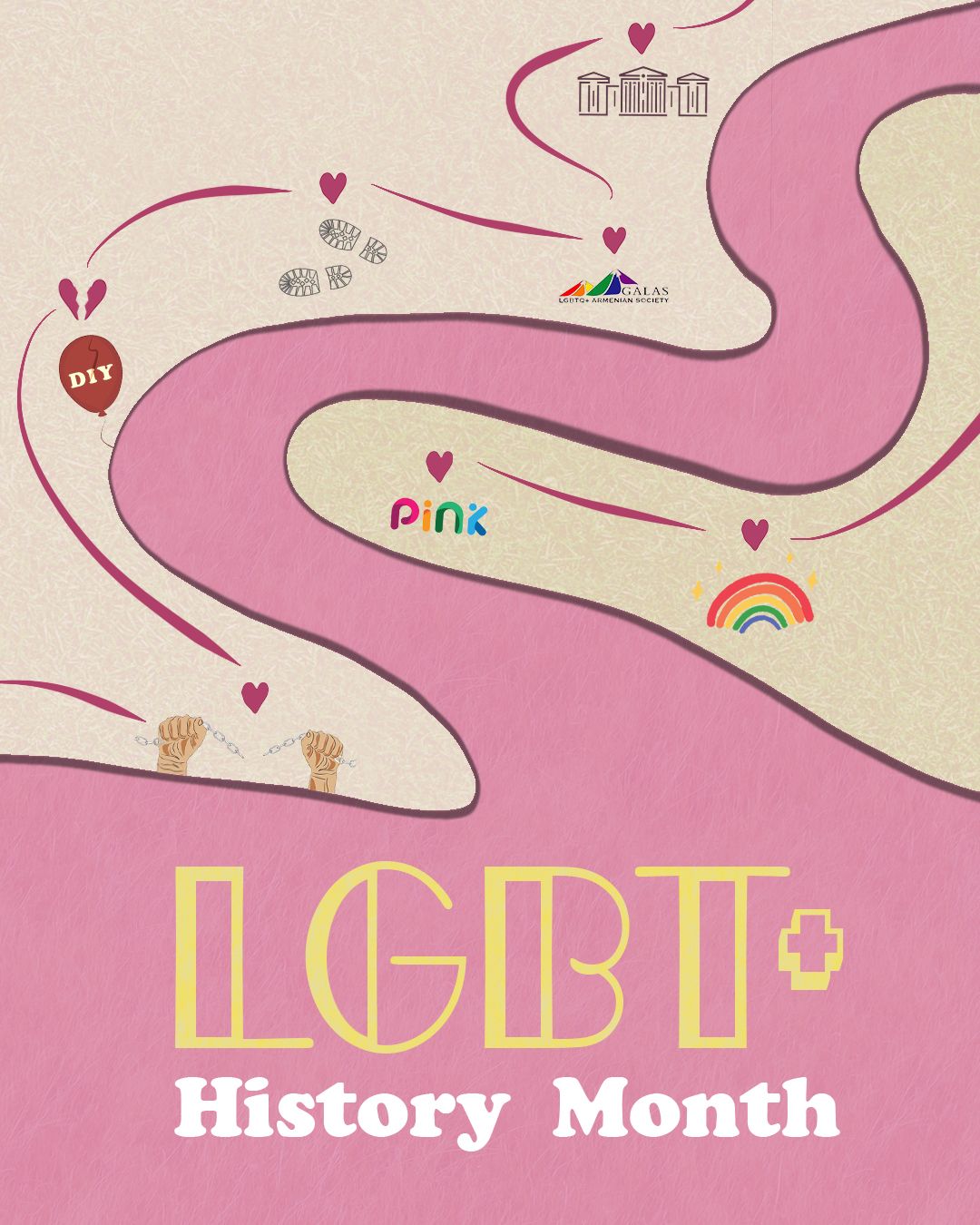EaP CSF Steering Committee calls for non-recognition of rigged elections in Georgia
Brussels, 28 October 2024: The Eastern Partnership Civil Society Forum (EaP CSF) Steering Committee is expressing its concerns over the conduct of Georgia’s legislative elections on 26 October 2024.
“We call for the non-recognition of these election results by the international community, until an impartial investigation is conducted. The 2024 elections in Georgia, held for a first time under a fully proportional system, were intended to increase democratic representation and transparency. However, reports from civil society, as well as both local and international observers, show that the process was deeply flawed with systemic manipulation, voter and observer intimidation, breaches in vote secrecy, and political bias of the Central Election Committee (CEC), among many other issues.” said Lasha Tugushi, EaP CSF Steering Committee Co-chair.
Vulnerable groups, minorities, public sector employees, and citizens in rural areas were particularly targeted by the ruling Georgian Dream party, that allegedly secured more than 50% of the votes.
In this context, President Salome Zourabichvili’s call for public mobilization to protest the election results marks an initial step in contesting the legitimacy of these elections.
We, the EaP CSF Steering Committee members, stand in solidarity with the people of Georgia in their fight for a democratic and transparent society, and a European future. We urge all stakeholders, including the Georgian government, the EU and the international community, to support Georgia’s fight for democracy by ensuring that all Georgian citizens’ voices have been listened to and respected during the 26 October elections.
Therefore, we call on:
- International and EU Election observation missions: to publish comprehensive reports and make clear and unambiguous statements detailing all observed irregularities during both pre-election period and election day, thus providing a transparent picture of the scale of alleged electoral fraud; following elections, to launch an independent audit of the election results, looking into the integrity of CEC electronic voting procedures, vote tallying, and reported instances of electoral misconduct;
- International community, including EU and US Institutions: to call for more accountability and non-recognition of election results until a thorough investigation is made;
- US government: to impose sanctions on individuals and entities involved in electoral fraud, vote manipulation, and intimidation of voters and observers via the MEGOBARI Act; this includes freezing assets, applying visa restrictions and imposing travel bans;
- EU institutions: to condition any future financial aid to the Georgian government on electoral integrity, and the investigation of alleged systemic fraud during the legislative elections of 26 October 2024;
- EU Member States: to engage in diplomatic pressure on Georgia by intensifying diplomatic efforts, including by summoning Georgian ambassadors for consultations and issuing strict unanimous statements to hold the Georgian government accountable for election misconduct;
- Georgian courts and judicial system: to commit to investigate all reported cases of electoral fraud and prosecute those involved in a timely manner, regardless of their political affiliation;
- Georgian authorities: to immediately repeal restrictive laws that limit the work of civil society and independent media, such as the Law on Transparency of Foreign Influence, and ensure the freedom of speech and press;
- Georgian civil society organisations: to continue to stand up for their rights and freedoms and speak up against electoral irregularities, fraud and intimidation; seek international support and protection to ensure that CSO activities are safeguarded against state harassment or restrictions.
- Donor community: to strengthen their support to local civil society in Georgia in a flexible manner as the needs emerge, particularly in light on allegedly fraudulent elections and the consequences they may have for the independent CSO and media sectors.
Members of the Eastern Partnership Civil Society Forum Steering Committee
Additional resources
You can download the statement using this link.









